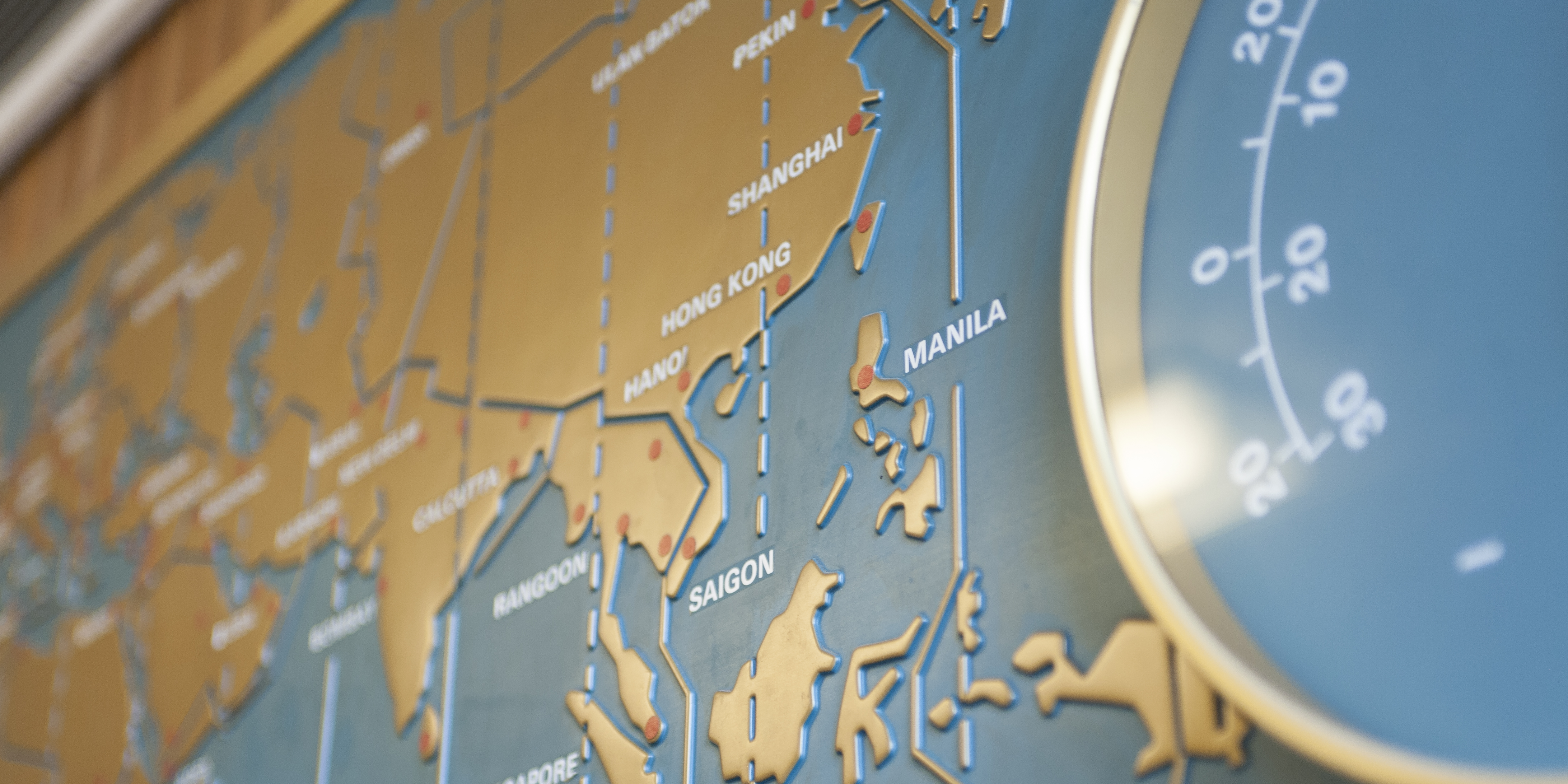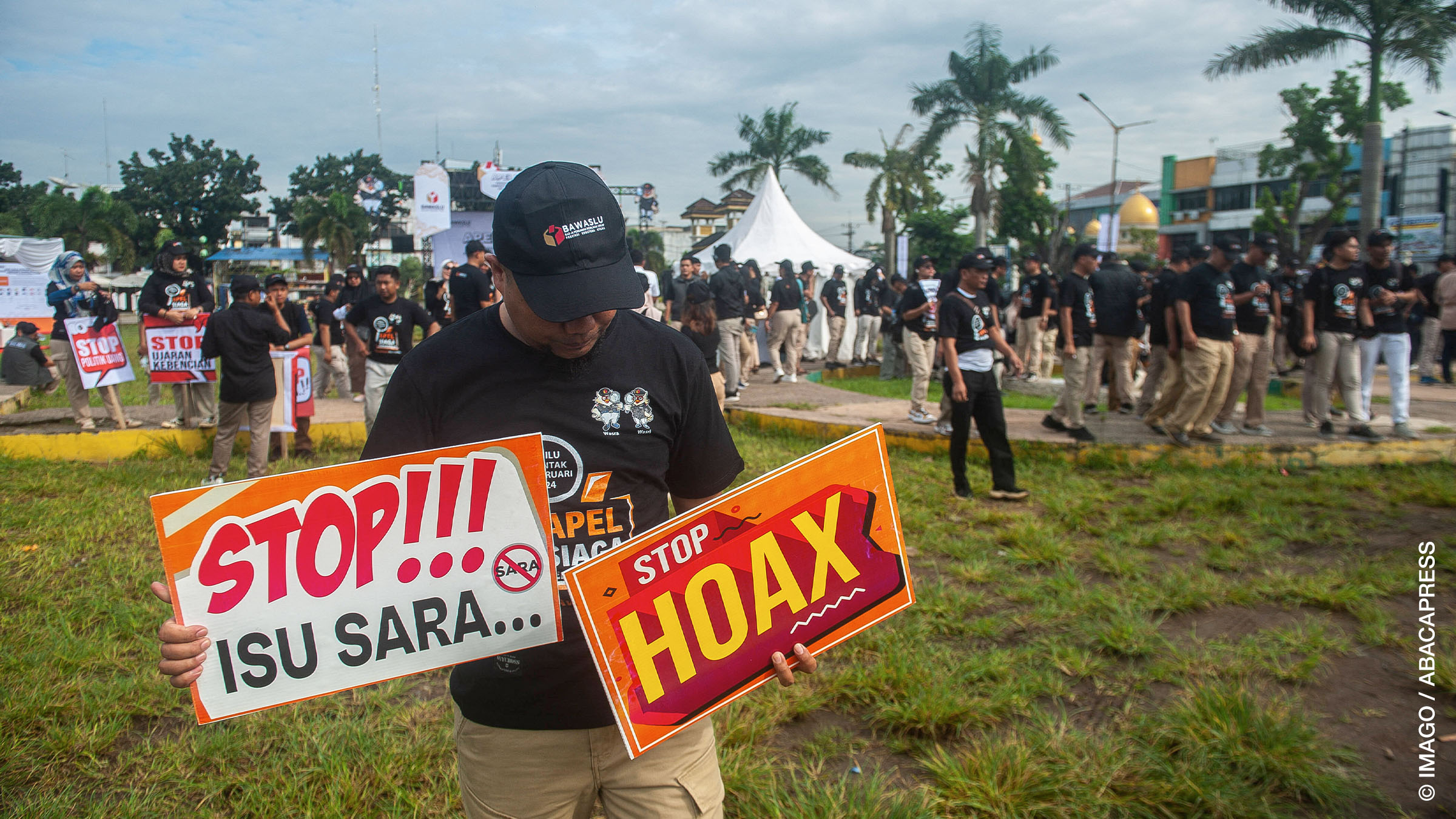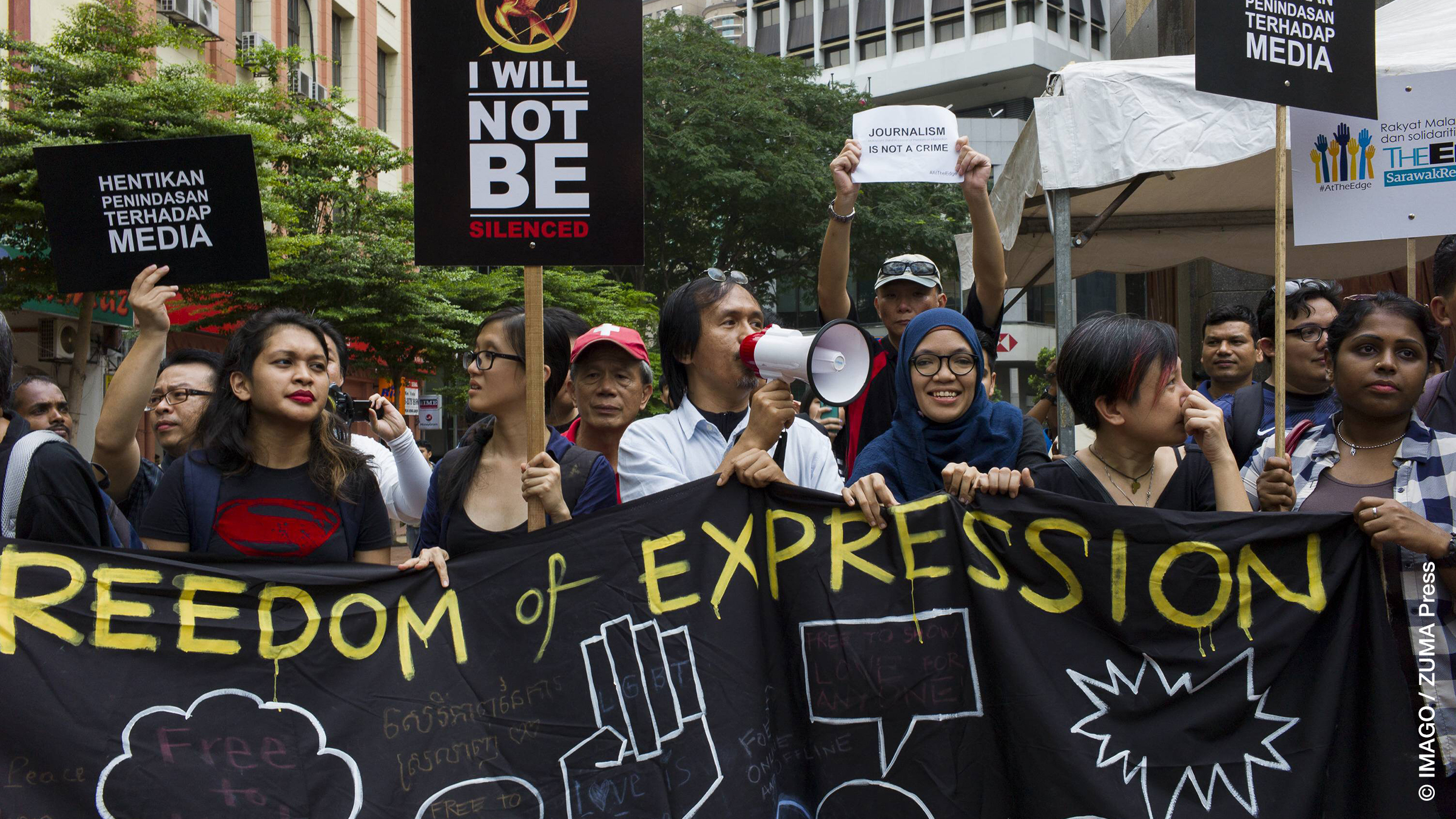- Home
- Media Relations
- Election Results from Indonesia: Challenges for Democracy
GIGA Insights
Election Results from Indonesia: Challenges for Democracy
On 14 February 2024 Indonesia voted for a new president and a new parliament. GIGA expert PD Dr. Andreas Ufen analyses the election results and explains in an interview what challenges they pose for the country’s democracy going forwards.
Will there be a clear winner in the Indonesian presidential elections?
Andreas Ufen: Prabowo Subianto’s victory in the presidential elections in Indonesia is now considered certain. Prabowo has already won the first round of polling with almost 60 per cent of the vote in seeing off his two challengers, Anies Baswedan and Ganjar Pranowo. The planned run-off election in June will, therefore, not take place. Prabowo had been considered the clear favourite for several months already and was also more or less openly supported by the popular still-president Joko Widodo (“Jokowi”). Incidentally, Jokowi’s son, Gibran, will be the future vice president.
Who is Prabowo Subianto and how is his election viewed by civil society actors?
Ufen: Prabowo is quite controversial. He ran as a right-wing populist in both the 2014 and 2019 elections, but was defeated by Jokowi both times and subsequently spoke of electoral fraud – albeit on flimsy grounds. Prabowo, who has been defence minister since 2019 and once rose to the rank of General as the son-in-law of former dictator Suharto, is blamed by his critics for atrocities in East Timor, and Papua, as well as for the abduction of opposition students in 1998. Human rights and democracy activists therefore view Prabowo’s election as something of great concern.
What will parliament’s makeup be now?
Ufen: Eight parties are expected to enter the national parliament, including the Indonesian Democratic Party of Struggle (PDI-P) under Megawati Sukarnoputri, the Gerindra Party built and dominated by Prabowo, the former regime party Golkar, as well as three smaller Muslim parties. Political parties in Indonesia are programmatically weak and difficult to distinguish except on religious issues. They often form large coalitions. It is to be expected, then, that Prabowo will receive broad support in parliament.
How will Prabowo’s policies affect democracy in Indonesia?
Ufen: Although the future president is now appearing very conciliatory and promising to essentially continue Jokowi’s policies, many observers fear a further erosion of what is a fragile democracy dominated by a small elite. Under Prabowo, there will certainly continue to be no intensive dealing with the decades of human rights violations of years gone by. It is likely that civilian control over the military will be further weakened and the scope for civil society action increasingly restricted.





